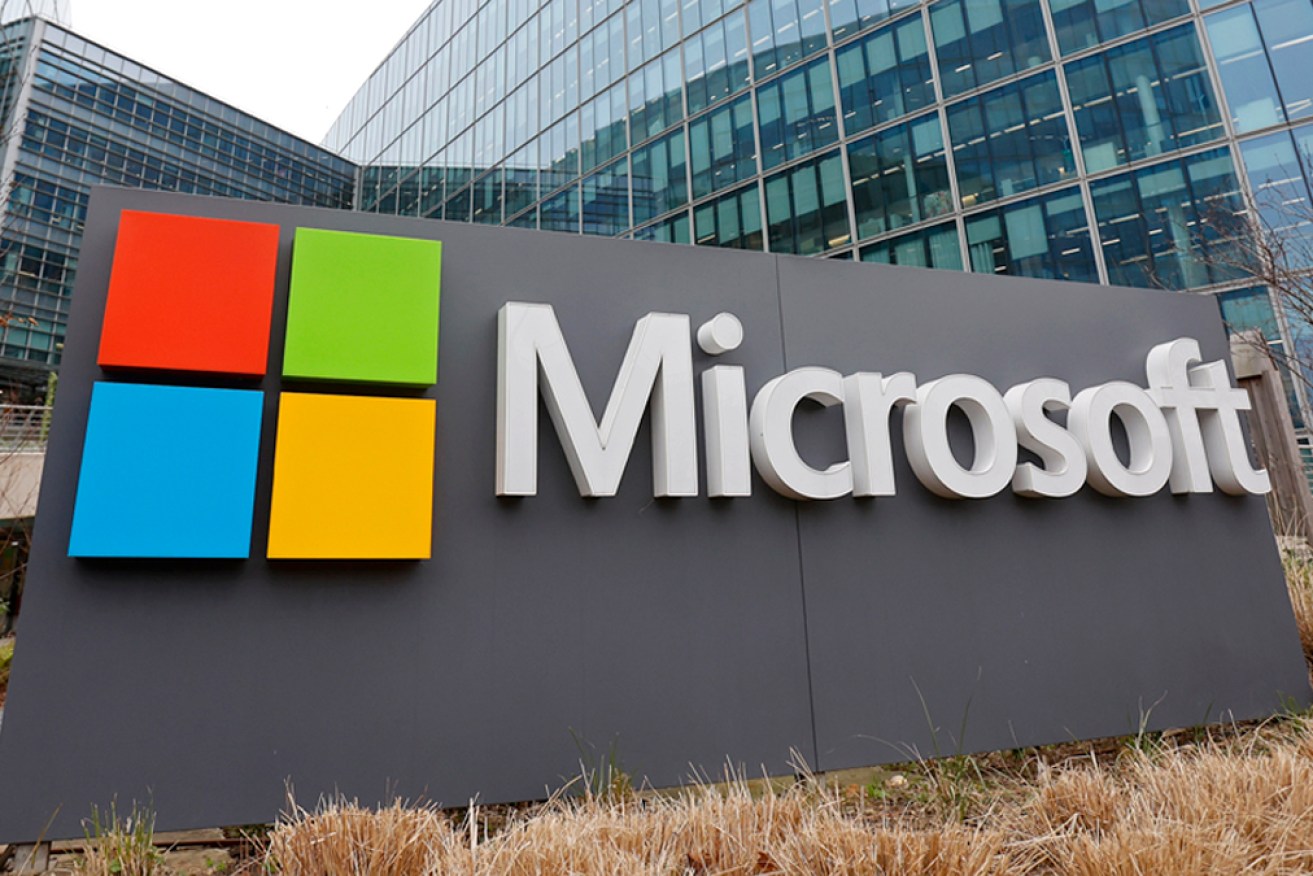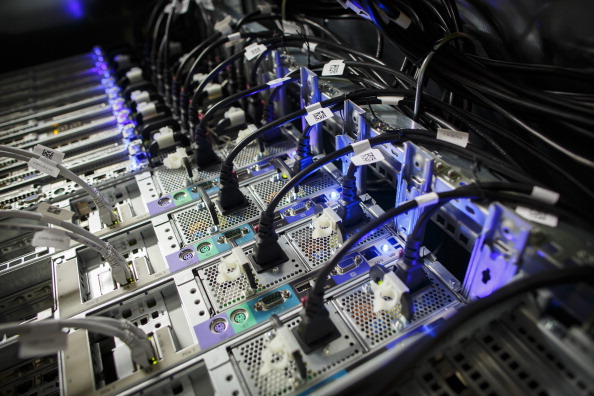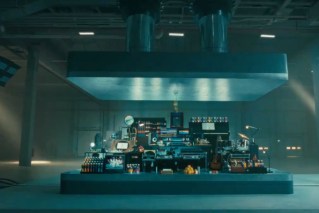Microsoft and Albanese government to partner on cyber security, infrastructure and tech jobs


Microsoft will make a $5 billion investment in its Australian operations. Photo: Getty Photo: Getty
The partnership between Microsoft and the Albanese government will help prepare Australia for the AI revolution, and strengthen the country’s ability to respond to future cyber security threats.
The announcement may be light on finer details, but included in the deal are nine new data centres, a ‘cyber shield’ for intelligence agencies, 200 new TAFE places for potential tech employees, and a $5 billion investment from the global tech giant.
Cyber security
The cyber security aspect of the agreement will see Microsoft work closely with the Australian Signals Directorate (ASD) “to harden Australia from threats to individuals, to businesses, as well as to governments,” according to Prime Minister Anthony Albanese.
“We’ve seen through the examples in Australia, the impact that a cyber attack can have,” he said.
“This will strengthen Australia’s capacity to resist such attacks, but also to identify potential weaknesses which are there.”
The federal government announced the development of a cyber security strategy since the Medibank and Optus data breaches.
Both Albanese and Microsoft Australia and New Zealand managing director Steven Worrall remained tight-lipped on the details of what a ‘cyber shield’ entails, aside from giving the ASD access to Microsoft’s global network of information.
“This partnership will enable the sharing of that information in an appropriate way to help bolster and complement what Australia is doing today already,” Worrall said.
“Fair to say, the specifics in the particular services that we will bring to market together in how we protect Australian businesses and consumers, there’ll be further announcements down the track.”
The ASD is responsible for Australia’s cyber warfare and information security, and the intelligence agency occasionally assists federal police and ASIO in investigating citizens.
Infrastructure
The $5 billion investment from Microsoft will “hyper-scale cloud computing and AI infrastructure over the next two years,” according to Albanese, and Microsoft will increase its footprint in Australia by adding nine new cloud service data centres to its existing 20 sites.
“This significant increase in capacity will enable Australia to capitalise on the economic and productivity opportunities presented by AI technology,” Albanese said.
“This announcement today is a very significant announcement that will result in higher productivity over the years to come in Australia.”

Microsoft will build nine data centres in Australia, which will run on renewable energy by 2025. Photo: Getty
The AI technology market is expected to be worth trillions of dollars by 2030, as the emerging sector grapples with the prospect of an intense amount of computing power and energy consumption.
Google, for example, estimates that 10 to 15 per cent of its annual power usage is being drawn from AI programs, and by 2030 it could account for 3 to 4 per cent of global power demand.
Worrall said renewable energy will power the data sites by 2025.
“From Microsoft’s point of view, we have a commitment to zero carbon, water positive and zero waste by 2030,” he said.
“In 2021, a couple of years ago, we signed a 15-year (power-purchasing agreement) with FRV, which is one of the first contracts of its nature to provide renewable energy to the grid to counter the energy that we are using.”
Education
Microsoft will also invest in a data centre academy offering Australians an alternative route into tech jobs through TAFE courses.
Albanese said 200 spots in the course will “skill people up” as his government pushes to reach 1.2 million tech jobs by 2030.
“That is a commitment, a target of the Tech Council, but it’s also one in which my government announced prior to the election that we were committed to,” he said.
“One of the things that it does is open up jobs and those careers for people who don’t have a university degree to enter into the system and progress through for what are high-paid, highly secure jobs of the future.”
When Labor made that pledge from opposition, in the lead-up to the 2022 federal election, there were about 860,000 Australians working in tech roles, according to the Tech Council of Australia.
In May, the Albanese government said that number had increased to 935,000.








